“The best way we can actually really surprise them is to make them really care about the characters. So that’s what we tried to do”: Executive producer Eric Kripke on The Boys: Season Three
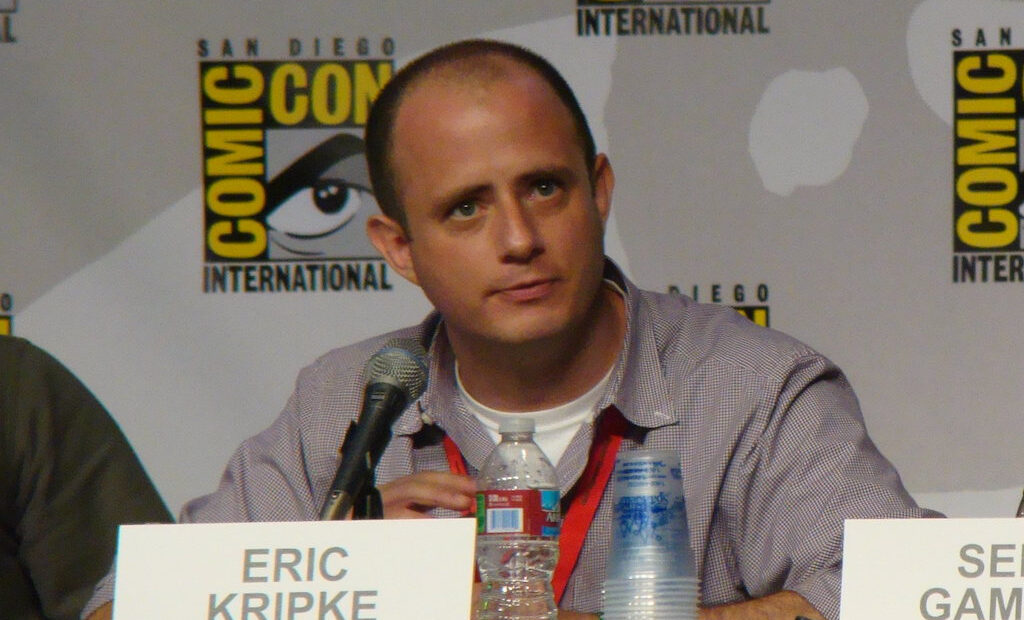
As the third season of The Boys drops on Amazon Prime viewers will see this new chapter bring series regulars back to life alongside a slew of brand new characters. The array of explosive storylines and action on this much-loved vigilante superhero show are based on the New York Times bestselling comic book of the same name by Garth Ennis and Darick Robertson (who also serve as executive producers on the series).
The complex drama sees a year of calm overturned by more conflict between The Boys and The Seven, with plentiful scenes of gore, grotesque sexual themes and political satire as they all turn their interests towards the legend of the original superhero: Soldier Boy.
The Upcoming had the pleasure of speaking to executive producer and showrunner Eric Kripke on casting for Soldier Boy, bringing Herogasm to life and what sets the series apart from other DC and superhero shows.
Can you tell us about the deeper themes we get to see in season three?
The mega-big theme for me is toxic masculinity. That tone falls over a lot of the stories. Butcher’s relationship with Ryan. Homelander always having to front as strong and vital…I was always struck by that moment after Trump got Covid and his first move was to take off a mask on the balcony of the White House. What a piece of shit! Like, why is it more important to you to present vitality over compassion? What is wrong with you that that’s a thing that you need to do? And then, most of all, in Soldier Boy and how that sort of myth is really global. The specific lens of Soldier Boy was that: John Wayne, Marlboro Man, cowboy bullshit. That was always a myth, and never real. It started in the States a very long time ago and it’s sort of poisoned generation after generation of men.
What do you think of these real-world themes of state violence and the rise of right-wing media? And why do you think they’re important themes for The Boys to explore?
When I first got the job, (this was even before Trump was elected), we had just started it and I had dinner with Garth Ennis, who wrote the comic, and I said, “What inspired you to make it?”. He said, “I was really interested about what would happen if you combined the worst of politics with the worst of celebrity.” He wrote it in 2006 and we were so sure Hillary Clinton was going to be elected and, even then, I was thinking it was a crazy, nuts idea, then suddenly, the world became his world and we are actually in real life living at this bizarre intersection of authoritarianism and celebrity, with social media and the way that autocrats are using a cult of personality and celebrity to further authoritarian aims. So you get to a point where you realise: how do we not talk about it? Because we’re so uniquely positioned with our metaphor of superheroes to be able to tell that story in a way that almost no other show on TV can – and if they do they’ll probably be deadly earnest, because it’s just so straightforward. But we have this perfect little metaphor for the exact second we’re living in. So we felt like it’d be wasted potential to not chase it down as far as we could, and my comment to the writers was if this engine really does work, we have an obligation to push it as far as it can go. So that’s what everybody does.
You introduce a new character in this one – Soldier Boy, played by Jensen Ackles. Was teaming up with him again a no-brainer casting decision for you?
Surprisingly, it was unexpected. Originally, we were setting out for an older actor – John Wayne was the reference and we weren’t really finding anybody. I just happened to be chatting with Jensen, telling him, “I’m having a hard time casting this role.” And then I was like, “Wait a minute, do you want to do it?”. And he said, “Send me the script” – so I did, and then he had to really fight for it and audition for all the other executives, because there’s a bunch of people who work in the show who haven’t worked with him for over a decade. In hindsight, it was obvious, because there’s so many different colours that Soldier Boy needs to have: he needs to be charming, emotional, but he also needs to be really scary. After working with Jensen for as long as I have, there was never anything that I threw at him that he couldn’t do, and, really, it’s his versatility that I really wanted and needed here. It was always meant to be.
How did he approach this character, who’s the polar opposite of the character he’s been playing for over 20 years?
He’s played Dean Winchester for so long, but he was just really hungry for an opportunity to do something different and to show what he could do. We really approach that with everything – from his hair, to his stance. We discussed it all very consciously, and I think he really pulls it off. I think people are going to be really surprised. When I watch this season, I don’t say to myself, “Oh, there’s Jensen Ackles” or, “There’s Dean Winchester”. He feels like Soldier Boy, to me; he’s inhabiting the character in a way a good actor does. So it’s exciting.
Can you tell us about bringing Herogasm to the screen? Does it feel a bit like you are pushing the boundaries?
When I first got this job and people who knew the comic heard I got the job, invariably, the first thing they would say to me is, “I dare you to do Herogasm” – and I don’t like to back down from it as it’s such an infamous part of the comic that I really wanted to tackle it at some point. It needs to be depicted. But, obviously, it’s a massive superhero orgy and the thing about this show is we don’t try to sanitise anything. I think we waited this long because, frankly, we needed the goodwill of Amazon after a couple of successful years – to liken to it. It’s bananas that whole episode but, the thing I always take the most pleasure from is not that madness – it’s that I can put an emotional scene in the middle of that madness, and that’s the stuff I find subversive because it’s easy to throw dicks at a screen, right? But if then I can make you really care about the characters in the middle of it all, then that’s really fun for me.
Can we expect more DC and Marvel nods or analogies in this third season?
Well, we have an Ant-Man character, and, obviously, Soldier Boy is a Captain America reference, so yes, we’re always looking to come up with heroes, asking “What are the archetypal heroes that we haven’t done yet?”. The one we haven’t figured out yet is Batman. So Batman remains a character we still need to touch on – and should because he’s basically a capitalist nightmare, who is oppressing lower classes of criminals just to advance his family’s wealth. So I think that we should get into that!
As a writer, are there other scenes or episodes that you’re excited for fans to see? Are there any in particular that stand out for you?
Weirdly, the one that pops in my head the most is the flashbacks to Nicaragua. One of my favourite stories is about Mallory [in the comic Mallory’s a man and was a World War II veteran] – Mallory’s first interaction with the Supes team Payback and Soldier Boy, and how horribly wrong it goes because they’re such vain assholes and completely ill-prepared to handle the truth of a battle scene. It just proves how useless these heroes are, because they’re too arrogant to train. They just show up and they think their power is enough. That was obviously a huge elaborate battle scene and it was super fun to film.
The series has proved to be extremely popular with viewers. What do you think sets it apart from other superhero shows? Is it a case of “the weirder the better”?
I think we definitely try in many ways to do the opposite of what every other superhero show or movie tries to do. The original mantra has always been that we want to create a world as completely realistic as possible and honest as possible, but that just happens to have superheroes in it. So even just our characters having sex and going to the bathroom – we’re not really trying to be a parody as much as we’re just trying to be a deconstruction of them. If you really took people with these types of powers, and you put them on planet Earth for real, what a complete and utter shit show it would be. We try to be really uniquely character-driven for that superhero genre. Other productions don’t really stop to really focus on the characters’ emotional inner lives and complexities because they’re movies and you’re moving so fast. I said at the very beginning everyone who’s tuning into the show knows that they’re going to get madness and ultra-violence, so the best way we can actually really surprise them is to make them really care about the characters. So that’s what we tried to do.
Ezelle Alblas
Photo: vagueonthehow
The Boys: Season Three is released on Amazon Prime on 3rd June 2022.
Watch the trailer for The Boys: Season Three here:

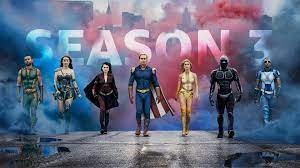
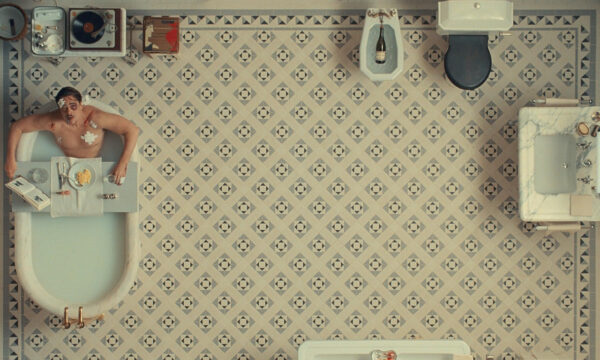
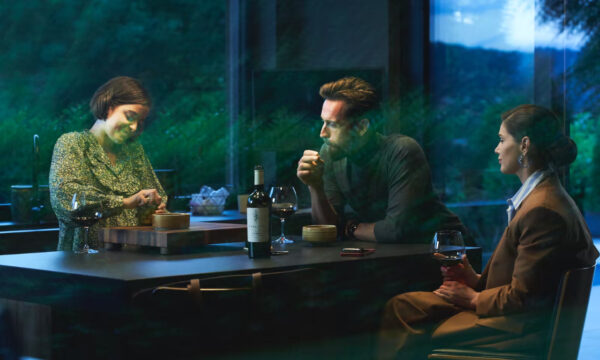
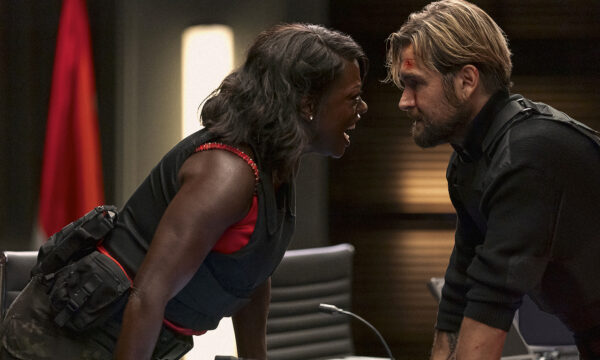
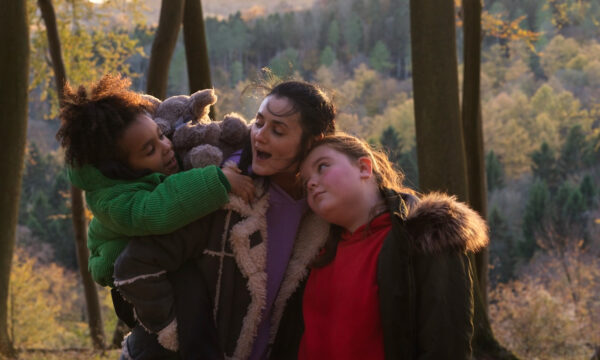
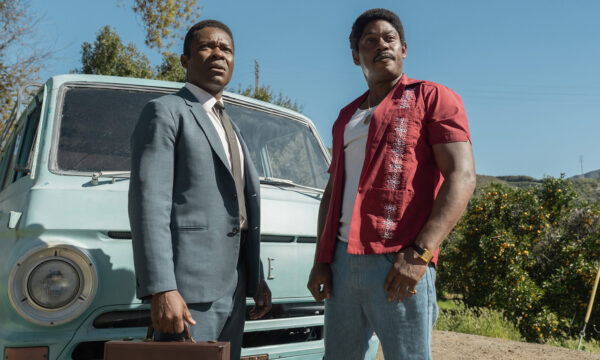
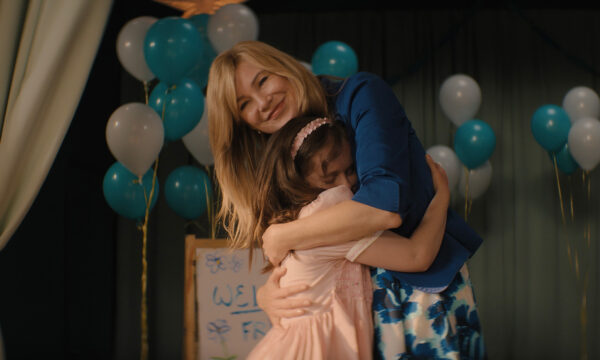
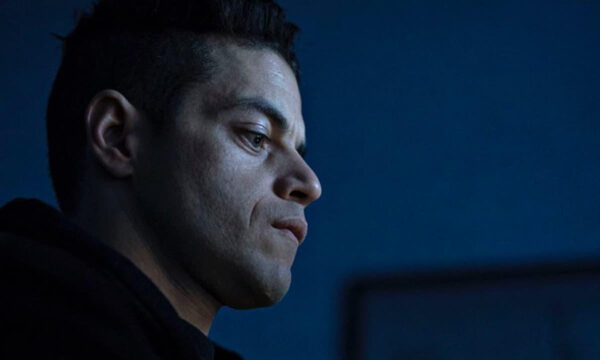
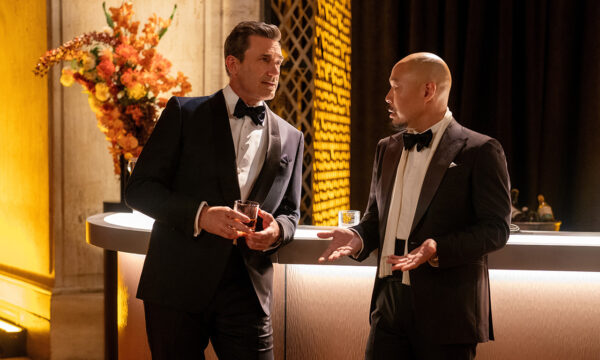
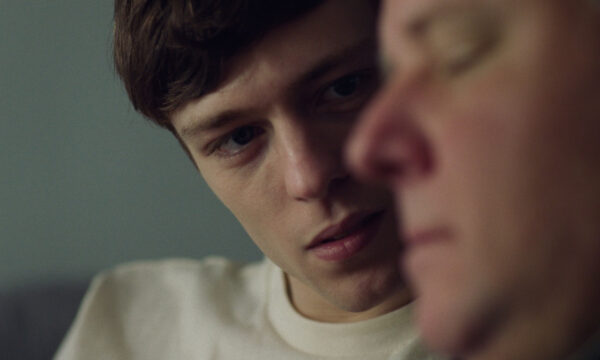














Facebook
Twitter
Instagram
YouTube
RSS